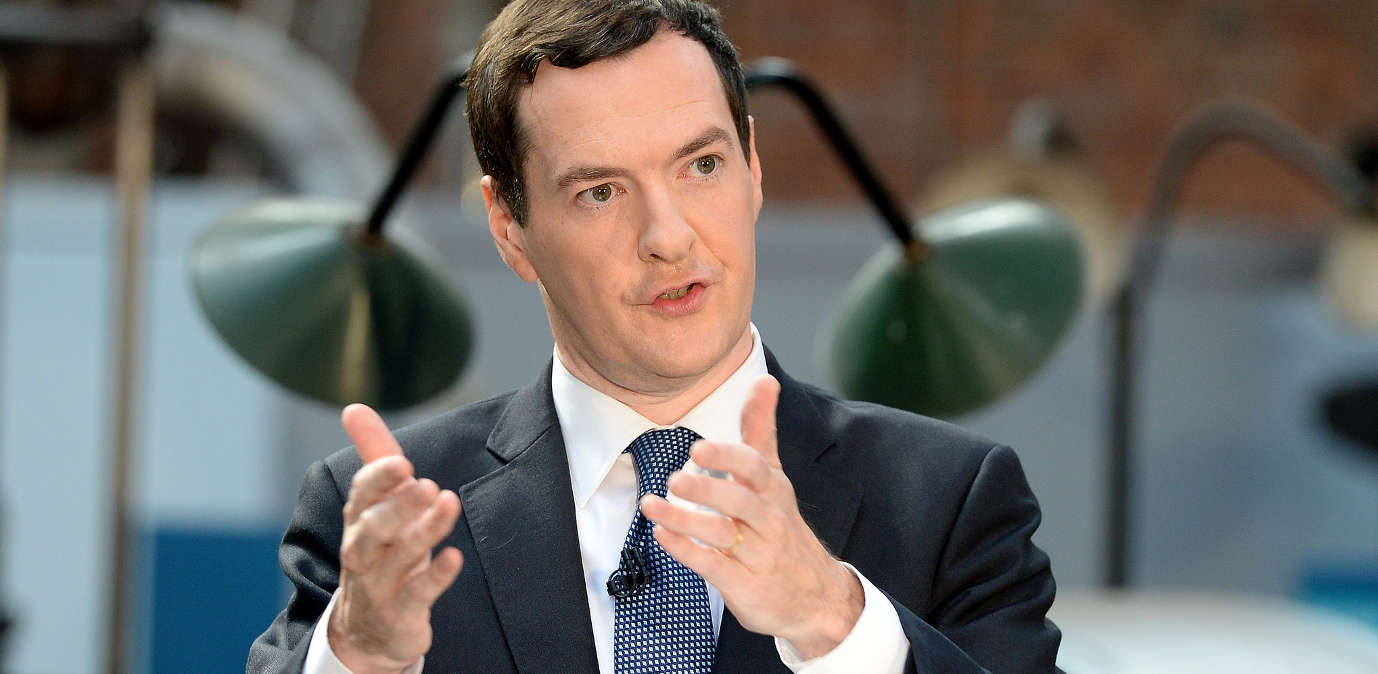The battles lines ahead of next year’s general election have well and truly been set out by the UK Chancellor, George Osborne, who, in the last Autumn Statement of this Parliament, unveiled a series of policies designed to neuter his political opponents. With key deficit reduction targets continuing to be missed and questions about where the public spending axe will fall, the Chancellor faced a potentially difficult afternoon. Balancing the books clearly remains a formidable task.
International Climate Change: What does next week's conference in Lima hold?
Written by Inline Policy on 27 Nov 2014
On 1 December representatives of the 196 parties (member countries) to the United Nations Framework on Climate Change (UNFCCC) will gather in Lima for the annual Conference of the Parties (COP) international meeting. The climate negotiations have in recent years - especially since the conspicuous failure of parties at Copenhagen in 2009 to agree an international treaty - tended to be regarded as a non-event, an interminable discussion from which nothing material ever emerges. Will Lima, COP 20, be any different?
Exploring the Critical Features of a Global Agreement to Tackle Deforestation
Written by Inline Policy on 08 Oct 2014
The issue of deforestation and forest degradation, as explained in our previous analysis piece, has to be addressed urgently by donor and tropical forest countries alike. At present, these governments face the challenge of creating new regulatory frameworks to protect the world’s tropical forests. This, however, cannot be achieved without the collaboration of the private sector, a non-state actor which will play a key role in this process.
Sharing Economy in the Party Conference spotlight
Written by Inline Policy on 02 Oct 2014
With the news on Monday that the UK Government has announced an independent sharing economy review, to be led by Love Home Swap CEO Debbie Wosskow, and also the recommendation last week from Labour Digital in its Number One in Digital report that the Government should “conduct a review the rules and regulations surrounding the sharing economy”, it is evident that this issue is becoming increasingly a topic at the forefront of politicians’ thinking. Given these developments, as well as the recent publication of reports from Nesta and PwC, it proved a timely moment for Inline to gather leading thinkers, business representatives and policy makers at both the Labour and Conservative Party conferences to discuss what this all means for the UK.
Inline at Conservative Party Conference - The Sharing Economy: driving UK jobs and growth?
Written by Inline Policy on 28 Sep 2014
Following on from our event on Tuesday 23 September at the Labour Party conference, we have assembled another panel of leading thinkers on the sharing economy for an event at the Conservative Party conference on Monday 29 September. We will be discussing a number of issues such as the economic opportunity for the UK, and some of the emerging regulatory themes in the sharing economy.
Inline at Labour Party Conference - The Sharing Economy: driving UK jobs and growth?
Written by Inline Policy on 17 Sep 2014
We are delighted to be hosting fringe events at both the Labour and Conservative Party Conferences this year. We have assembled a panel of leading thinkers on the sharing economy to discuss everything from the economic opportunity for the UK, to some of the emerging regulatory trends. Panellists and event details for the Labour Party fringe event can be found below. The full Conservative Party fringe line-up will be announced early next week.
Talking Climate Change; Protecting Tropical Forests
Written by Inline Policy on 12 Sep 2014
Deforestation, the “direct, human-induced conversion of forested land to non-forested land”, as defined by the UNFCCC, and forest degradation, are one of the greatest challenges of our time. As the Global Canopy Programme (GCP) reports, tropical forests cover approximately 7% of global land area and provide habitat for at least half of the world’s biodiversity. However, they are currently experiencing a net loss of 1.4 billion tonnes of carbon every year.
Mobile payments come of age
Written by Inline Policy on 21 Aug 2014
The concept of mobile payments (“m-payments”) has been around since the late 1990s, but original predictions of rapid growth turned out to be overly optimistic. A lack of interoperability between different services, combined with a lack of consumer trust in these new forms of payment, hindered widespread adoption of m-payment services.
The UK government reshuffle: the implications for energy and climate policy
Written by Inline Policy on 24 Jul 2014
Now that the dust has settled a little, it’s worth examining Prime Minister David Cameron’s recent reshuffle in more detail, and what it might mean for the coalition’s policies on climate change and energy between now and next May’s General Election.
Price comparison websites in the spotlight
Written by Inline Policy on 21 Jul 2014
Price Comparison Websites (PCWs) are popular tools amongst tech-savvy consumers, especially in the consumer goods, energy and financial sectors. The key to their attractiveness is that they allow consumers to quickly search for and compare the best deals in the market. PCWs usually operate on either a flat-fee, or a commission-based model and attract new customers via online and offline advertising. Some of the biggest players have become very profitable, thus attracting new companies to enter the market.
European Banking Authority begins the debate on an EU-wide virtual currency regulation
Written by Inline Policy on 15 Jul 2014
At the beginning of the month, the European Banking Authority (EBA), the institution charged with overseeing the European banking sector, proposed guidelines for a regulatory regime for virtual currency. The report has now been presented to the EU Council, Commission and Parliament for consideration. The report also issues guidelines for national supervisory bodies.
Wearable technology: market growth, rapid innovation and developing policy
Written by Inline Policy on 11 Jul 2014
Clothes which measure your heart rate and locate you via GPS while you run. Smart watches that can be used as an extension of your smartphone. The ability to access the internet with your glasses. These are just a few examples of the most recent wearable technology devices.
But is there enough demand for these innovative products? According to the International Data Corporation (IDC), estimated global sales will exceed 19 million units in 2014, more than triple last year’s sales. In 2018, sales are predicted to increase up to 111.9 million units.
Sharing economy in cities: moving towards a more inclusive urban future
Written by Inline Policy on 01 Jul 2014
The sharing economy makes headlines daily: from anti-Uber protests across Europe to Airbnb's recent £5.9bn valuation, new start-ups entering the private sector are offering more things to share (or rent, swap, borrow or barter) and more ways to do so.
Virtual currency prospers in Asia: Will China follow?
Written by Inline Policy on 25 Jun 2014
Last Thursday, Japan’s Liberal Democratic Party (LDP) announced that it is not currently looking to regulate virtual currency. This is a significant announcement as there previously was uncertainty over how state officials, particularly in Japan, would react following the collapse of the leading Japanese Bitcoin exchange, Mt. Gox and the loss of over $420 million worth of Bitcoins.
The growth of robots in the workplace and the regulatory dilemma
Written by Shomik Panda on 24 Jun 2014
What was once considered a far-off fantasy is now fast becoming reality. Robots will soon become an integral part of our working lives, and not just in traditional automotive sectors. Inevitably this will have far-reaching consequences for consumers, corporations and governments. This article looks at what is driving the commercialisation of robots, and how governments and corporates are responding.
 Insights from Inline Policy listing page
Insights from Inline Policy listing page















